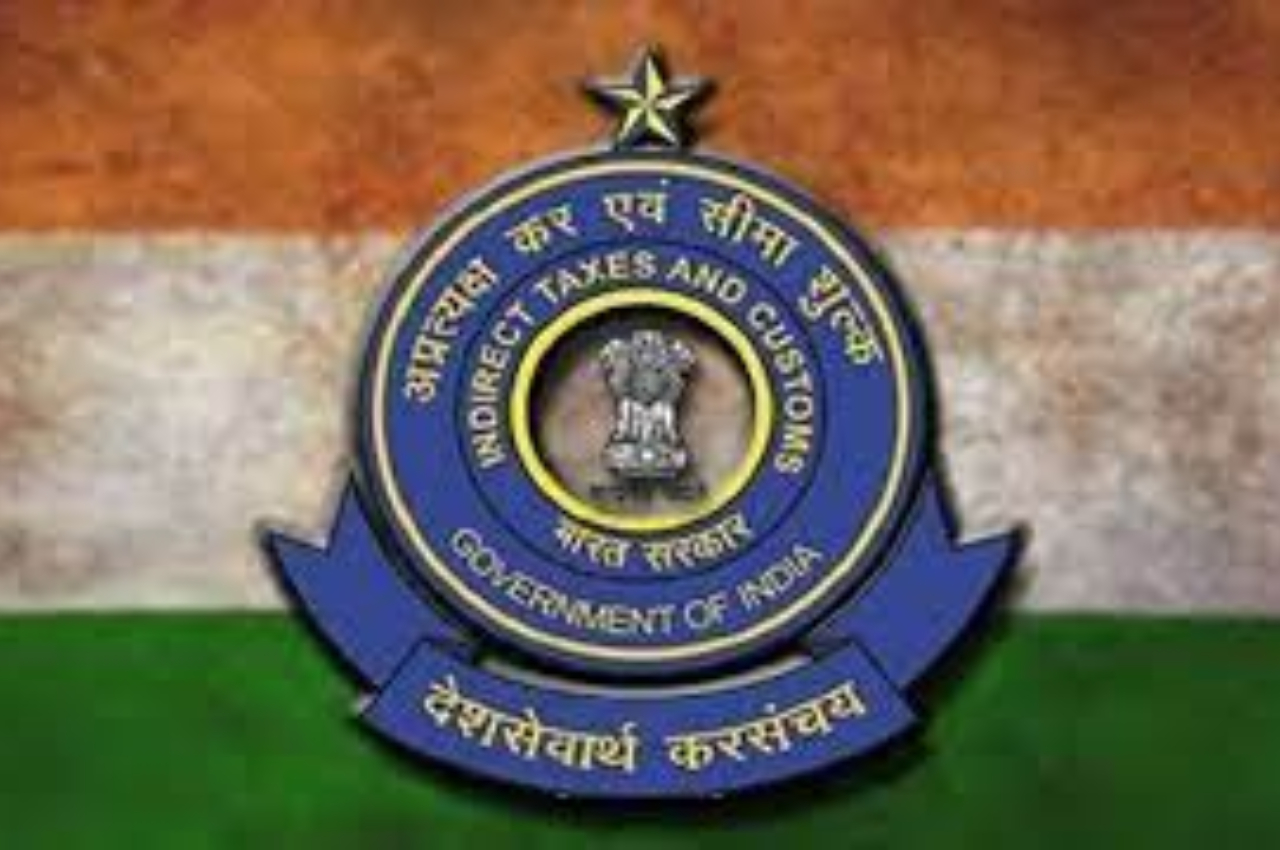New Delhi: With regard to offences committed in accordance with the Customs Act, the Central Board of Indirect Taxes & Customs (CBIC) has streamlined the financial threshold for exercising arrest, prosecution, and bail. The circulars, released on August 16, also outlined precise situations that could result in action, such as arrest for breaking Customs rules, while modifying these instructions.
According to the indirect tax body’s circulars, unlawful imports of products with a market worth greater than Rs 50 lakh and blatant smuggling of high-value items such precious metals like gold may result in prosecution and detention.
The same course of action would also be taken in cases of duty evasion and incorrect declaration of items valued at Rs 2 crore or more.
Similar to this, if a fraudulent drawback or duty exemption in connection with an export of goods exceeds Rs 2 crore, it will also result in arrest.
“While the Act (Customs) does not specify any value limits for exercising powers of arrest, it is clarified that arrest in respect of an offence should be effected only in exceptional situations,” CBIC said while spelling out the scenarios.
However, some items — such as weapons and explosives, priceless artwork, rare animals, and endangered species — would not be subject to this monetary level. “In such cases, arrest if required, on the basis of facts and circumstances of the case, may be considered irrespective of the value of offending goods involved,” the CBIC note said.
Additionally, prosecution need not be considered of as standard procedure in cases where foreign nationals and non-resident Indians (NRIs) failed to declare foreign currency exceeding Rs 50 lakh at the time of departure. That is, if it is asserted to have been properly acquired and not accidentally declared.
“CBIC has not merely increased the threshold monetary limit for arrest, prosecution and bail but has also provided a more illustrative list of scenarios where offences can lead to arrest. This move will help in reducing litigation and bring in more clarity for both importers and the Customs department,” Saurabh Agarwal, tax partner, EY, said.












